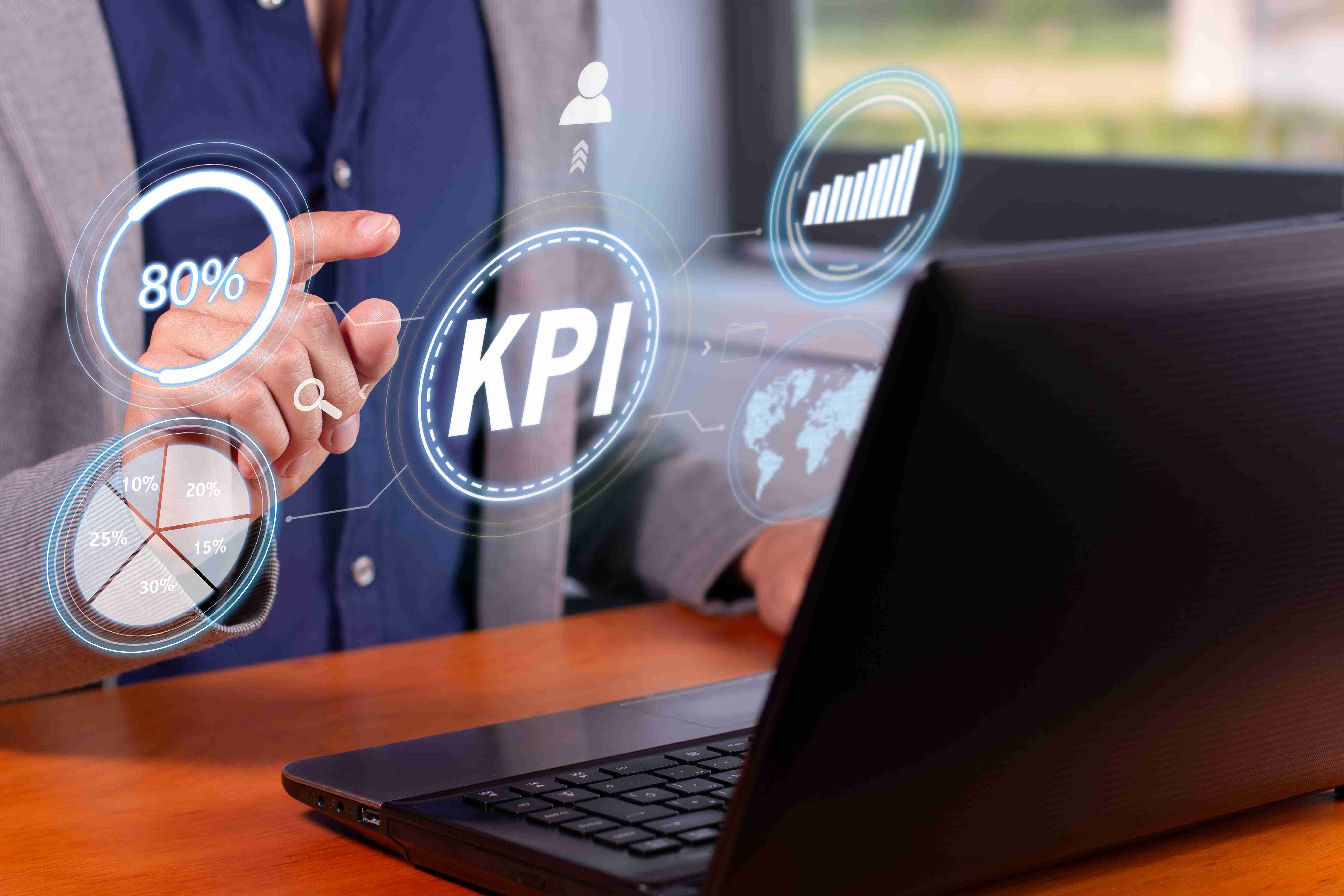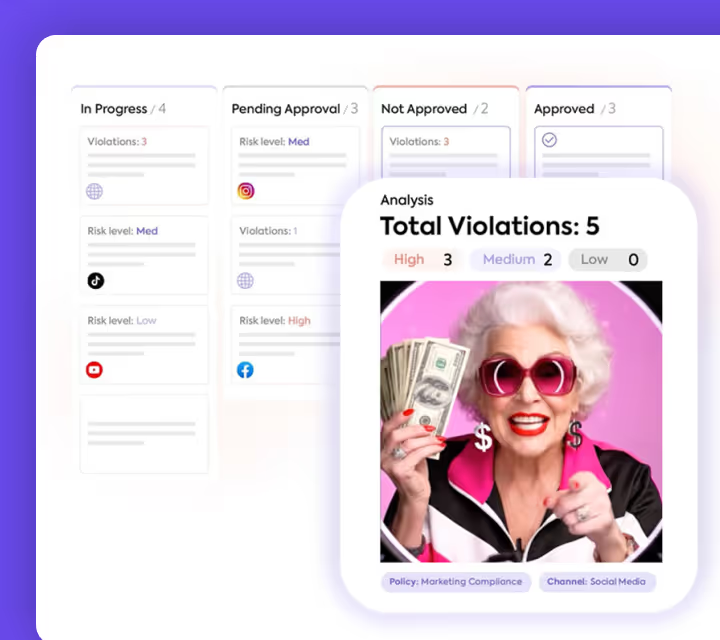Improving collection agent performance in debt collection boosts recovery rates. It streamlines the debt collection process. It also helps ensure compliance with the Fair Debt Collection Practices Act and other collection laws. This enhances customer engagement. It also increases customer satisfaction.
Call centers that monitor and improve debt collection agent KPIs achieve higher efficiency and profitability. Agents manage delinquent customers, overdue accounts, and various types of debt more effectively.
Combine measurable key performance indicators with tactical debt collection strategies. Use AI-powered tools, optimized communication strategies, and automation to ensure compliance and prioritize accounts. Below, we outline practical, industry-specific strategies to transform your debt recovery strategy and improve debt recovery rates.
Understanding Key Performance Indicators in Debt Collection
In debt collection, Key Performance Indicators (KPIs) are the foundation for effectively managing agent productivity. Monitoring these metrics lets you assess the effectiveness of your collection practices and optimize training, negotiation strategies, and collection activities.
Critical debt collection agent KPIs include:
- Call Resolution Rate – The percentage of calls that result in a resolved account.
- Average Handling Time (AHT) – How long it takes an agent to handle a debtor interaction from start to finish.
- Promise-to-Pay Conversion Rate – The number of debtors who commit to repayment arrangements compared to total calls made.
- Collection Rate – The total amount recovered as a percentage of consumer debt or business debt owed.
- Right Party Contact Rate – The percentage of calls where the correct debtor is reached.
When these KPIs are tracked consistently, you can identify bottlenecks, customize coaching, and tailor collection strategies for higher success rates.
Pro Tip: Use KPI dashboards with real-time analytics to measure performance metrics. This allows supervisors to guide collection agents toward timely payments and improved cash flow without waiting for delayed reports.
The Role of Effective Call Scripts in Agent Performance
While KPIs reveal the “what” of performance, collection call scripts shape the “how.” Effective scripts give a debt collector a structured conversation path that maximizes customer interactions, negotiation, and compliance.
Benefits of high-quality scripts include:
- Ensuring legal compliance with fair debt collection rules.
- Reducing hesitation by giving agents a confident, professional starting point.
- Increasing consistency in collection activities across third-party debt and commercial debt accounts.
- Providing adaptable responses for objections so collection specialists can stay in control.
Scripts should be reviewed quarterly or sooner based on collection agent performance reports and customer behavior trends.
Utilizing Technology to Enhance Call Center Productivity
Technology is revolutionizing debt collection. Strategic use of AI in debt collection and automation tools can remove manual tasks, free up time for negotiation skills, and improve collection agent productivity.
Recommended systems include:
- Automated Dialers – Reduce downtime and connect with debtors faster.
- CRM Integration – Keep detailed records of all interactions for customer relationship improvement.
- Speech Analytics – Detects compliance risks and measures collection agent tone in real time.
- AI-Based Call Routing – Match overdue accounts to the most skilled collection agent.
- Management Software – Automate follow-ups, customize payment options, and track days sales outstanding.
The Importance of Continuous Training and Development
Debt collection agents face evolving challenges, from changing collection laws to adapting to new customer payment methods. Continuous training ensures agents can adapt strategies and maintain higher success rates.
Training should include:
- Regulatory Updates – Stay compliant with laws like the Fair Debt Collection Practices Act.
- Role-Playing – Practice negotiation strategies for successful debt recovery.
- Technology Training – Learn how to use automation and analytics effectively.
- Soft Skills – Build empathy to improve customer satisfaction and engagement and payment results.
Implementing Real-Time Feedback Mechanisms
Real-time feedback drives faster improvements. This can involve:
- Live Call Coaching – Guide agents through collection calls in real time.
- Instant Messaging During Calls – Send tips and reminders instantly.
- Post-Call Micro-Coaching – Deliver quick, focused feedback.
Strategies for Motivating Debt Collection Agents
To maintain motivation:
- Offer performance-based incentives tied to KPIs and debt recovery rates.
- Recognize achievements publicly.
- Provide a clear sense of purpose in debt recovery.
- Encourage peer learning from successful collection agents.
Motivated agents are more likely to secure timely payments, close overdue accounts, and improve collection specialist efficiency.
Analyzing Call Data for Improved Decision-Making
Debt recovery success depends on data-driven adjustments. Analyze:
- The most common objections in consumer debt and business debt cases.
- Which collection strategies lead to timely repayment.
- How payment plans and payment options affect customer satisfaction.
Best Practices for Monitoring Calls and Coaching Agents
For consistent improvement:
- Record 100% of collection activities.
- Use standardized scoring to ensure compliance.
- Balance feedback with positive reinforcement.
- Hold regular coaching sessions for collection agents.
Fostering a Positive Work Environment
A supportive environment reduces burnout, encourages negotiation skills, and improves customer engagement. Offer flexible schedules, ergonomic setups, and open communication.
Measuring Success: Tracking Improvements in Agent Performance
Track progress with performance metrics, key performance indicators, and debt recovery rates. Measure changes in days sales outstanding and cash flow while keeping a focus on customer experience.







